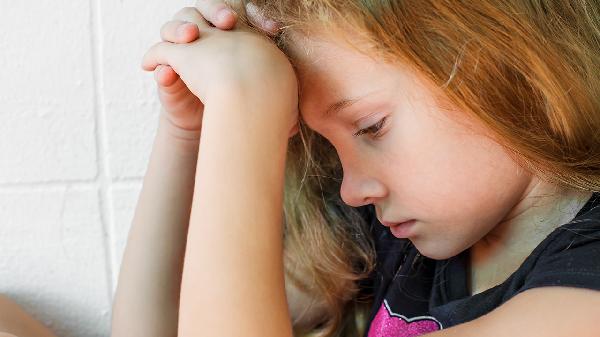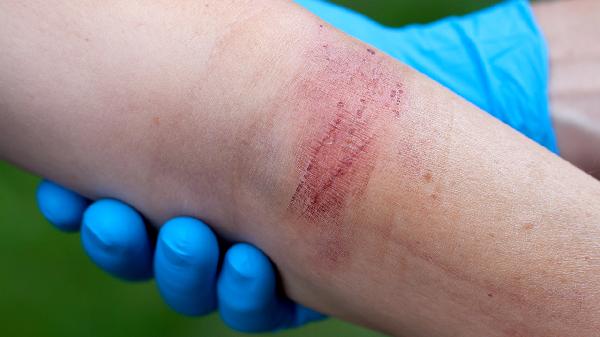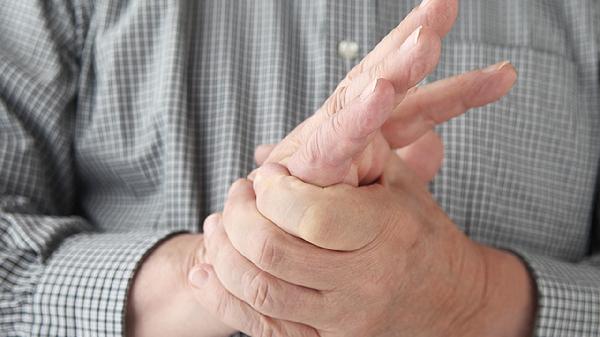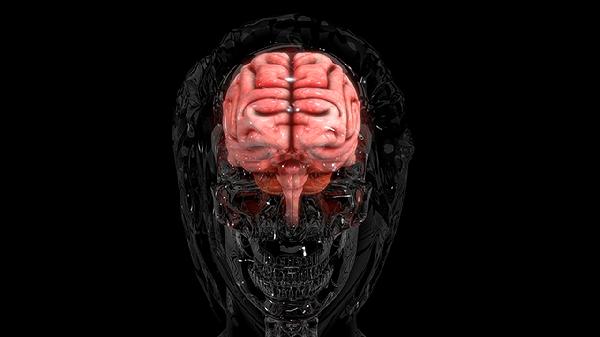Anorexia nervosa isn’t just about skipping meals or wanting to lose a few pounds—it’s a life-threatening eating disorder that’s gripping teens, especially young girls, at an alarming rate. What starts as an innocent desire to "eat healthier" or "get in shape" can spiral into a dangerous obsession with weight, food, and body image. And the numbers don’t lie: Cases among adolescents have skyrocketed in recent years, with girls between 13 and 18 being hit the hardest.

The Perfect Storm: Why Teens Are So Vulnerable
Teenagers today are navigating a minefield of social pressures, unrealistic beauty standards, and the constant comparison trap of social media. Throw in puberty, academic stress, and the natural desire to fit in, and you’ve got a recipe for disaster. Young girls, in particular, are bombarded with images of airbrushed influencers and celebrity diets, making it easy to believe that extreme thinness equals success or happiness.
But it’s not just about vanity. Anorexia is a complex mental health disorder with biological, psychological, and environmental factors. Genetics can play a role, and teens with perfectionist tendencies or anxiety disorders are at higher risk. The disorder tricks the brain into believing that self-worth is tied to weight loss, making recovery incredibly difficult without professional help.
Warning Signs Every Parent Should Know
Anorexia doesn’t always announce itself with dramatic weight loss right away. Some early red flags include:
Mood changes are also common. Teens may become irritable, withdrawn, or overly defensive when questioned about their eating habits.
The Physical Toll: More Than Just Skin and Bones
Anorexia doesn’t just starve the body—it wreaks havoc on nearly every system. Severe cases can lead to:
The scariest part? Many of these effects can be permanent, even after recovery.
How to Help (Without Making Things Worse)
If you suspect a teen in your life is struggling, approach them with compassion, not accusations. Saying things like, "You look sick!" or "Just eat a burger!" can backfire. Instead, try:
Recovery is possible, but it’s a marathon, not a sprint. Early intervention saves lives, so trust your gut if something feels off.
The Bigger Picture: Changing the Conversation
We can’t just treat anorexia—we need to prevent it. That means pushing back against toxic diet culture, promoting body diversity, and teaching kids that health isn’t a dress size. Schools, parents, and social media platforms all have a role to play in creating a world where teens don’t feel like they need to shrink themselves to be enough.
If you or someone you love is battling an eating disorder, remember: Asking for help isn’t weakness. It’s the bravest thing you can do.
























